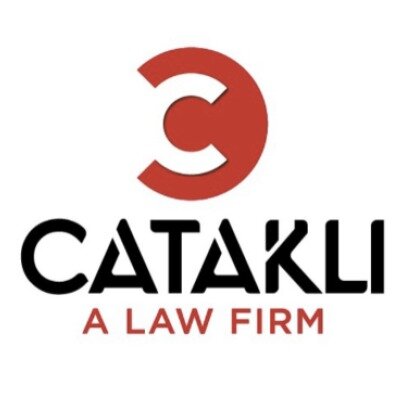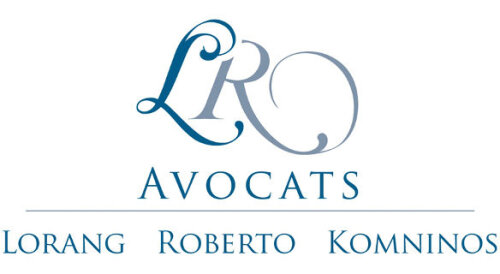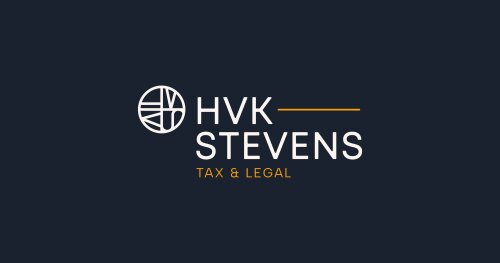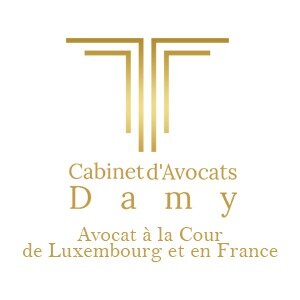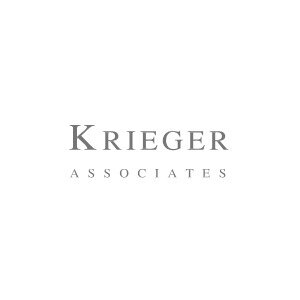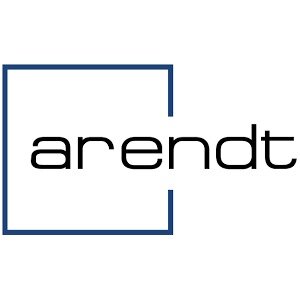Best Tax Increment Financing Lawyers in Luxembourg
Share your needs with us, get contacted by law firms.
Free. Takes 2 min.
List of the best lawyers in Luxembourg, Luxembourg
About Tax Increment Financing Law in Luxembourg, Luxembourg
Tax Increment Financing (TIF) is a public financing method used by municipalities, including Luxembourg City, to support urban development and infrastructure projects by leveraging future tax revenue increases. The process involves designating a tax increment district where future tax revenues are used to subsidize current development projects within that district. This financing tool helps stimulate economic development in underdeveloped or blighted areas, promoting urban revitalization.
Why You May Need a Lawyer
Engaging with Tax Increment Financing in Luxembourg can quickly become complex due to intricate legal and financial details. You may need a lawyer in situations such as negotiating development agreements, understanding the implications of creating or expanding a TIF district, ensuring compliance with local regulations, or addressing disputes with stakeholders. Legal experts can provide guidance, facilitate negotiations, and help protect your interests throughout the process.
Local Laws Overview
Luxembourg's approach to Tax Increment Financing is influenced by European Union regulations, national urban planning laws, and local development policies. Key aspects of local legislation include the process of establishing a TIF district, requirements for public consultation, financing mechanisms for development projects, and regulatory compliance. It's crucial to understand the delicate balance between stimulating growth and maintaining fiscal responsibility outlined in these laws.
Frequently Asked Questions
What is Tax Increment Financing?
Tax Increment Financing is a method used to finance redevelopment and improvement projects by using the anticipated future tax revenues resulting from increased property values within a designated district.
How does TIF benefit a city like Luxembourg?
TIF promotes economic development by providing funding for infrastructure improvements and attracting private investments in areas that might otherwise remain stagnant or underdeveloped.
Who qualifies to use TIF in Luxembourg?
Both public and private developers can initiate projects using TIF, with approval from local government entities. The projects must align with established development goals and local regulations.
What are common projects funded by TIF?
In Luxembourg, TIF is often used for infrastructure improvements, such as roads, utilities, public parks, and other facilities that are expected to uplift surrounding property values.
Is public approval required for creating a TIF district?
Yes, public consultation processes are generally required, ensuring transparency and community involvement in the decision-making process.
Can TIF be combined with other financing options?
Yes, TIF can be part of a broader financing package, combined with grants, loans, or other incentives to maximize impact on development projects.
Are there risks associated with using TIF?
Potential risks include insufficient future tax revenue to cover projected costs, possible displacement of existing residents, or failure to achieve intended developmental outcomes.
How long does a typical TIF district last in Luxembourg?
A TIF district typically lasts for 20 to 25 years, depending on the specific terms set at its inception and the nature of the development project.
Can TIF affect existing tax rates for residents?
No direct effect on existing tax rates generally occurs, as TIF focuses on generating new revenue from increased property values due to development.
Who manages the funds generated in a TIF district?
Management of TIF-generated funds is typically overseen by the local government, ensuring the funds are allocated according to agreed development plans and legal stipulations.
Additional Resources
For more in-depth understanding and assistance with Tax Increment Financing in Luxembourg, you may consult local governmental bodies such as the Luxembourg Ministry of the Interior for urban planning and public finance details. Additionally, organizations like Luxembourg for Finance can provide economic insights, and legal firms with expertise in public finance law will offer detailed advice. Consider connecting with local urban development agencies for community-specific information.
Next Steps
If you believe you require legal assistance relating to Tax Increment Financing in Luxembourg, start by gathering relevant documents and information about your case. Research and reach out to local legal professionals specializing in public finance or urban development law, and schedule consultations to discuss your circumstances. Be sure to inquire about their experience with TIF projects and request references to ensure they are well-equipped to handle your legal needs. Your lawyer will guide you through the legal intricacies, facilitating a clearer path to achieving your development goals through TIF.
Lawzana helps you find the best lawyers and law firms in Luxembourg through a curated and pre-screened list of qualified legal professionals. Our platform offers rankings and detailed profiles of attorneys and law firms, allowing you to compare based on practice areas, including Tax Increment Financing, experience, and client feedback.
Each profile includes a description of the firm's areas of practice, client reviews, team members and partners, year of establishment, spoken languages, office locations, contact information, social media presence, and any published articles or resources. Most firms on our platform speak English and are experienced in both local and international legal matters.
Get a quote from top-rated law firms in Luxembourg, Luxembourg — quickly, securely, and without unnecessary hassle.
Disclaimer:
The information provided on this page is for general informational purposes only and does not constitute legal advice. While we strive to ensure the accuracy and relevance of the content, legal information may change over time, and interpretations of the law can vary. You should always consult with a qualified legal professional for advice specific to your situation.
We disclaim all liability for actions taken or not taken based on the content of this page. If you believe any information is incorrect or outdated, please contact us, and we will review and update it where appropriate.



